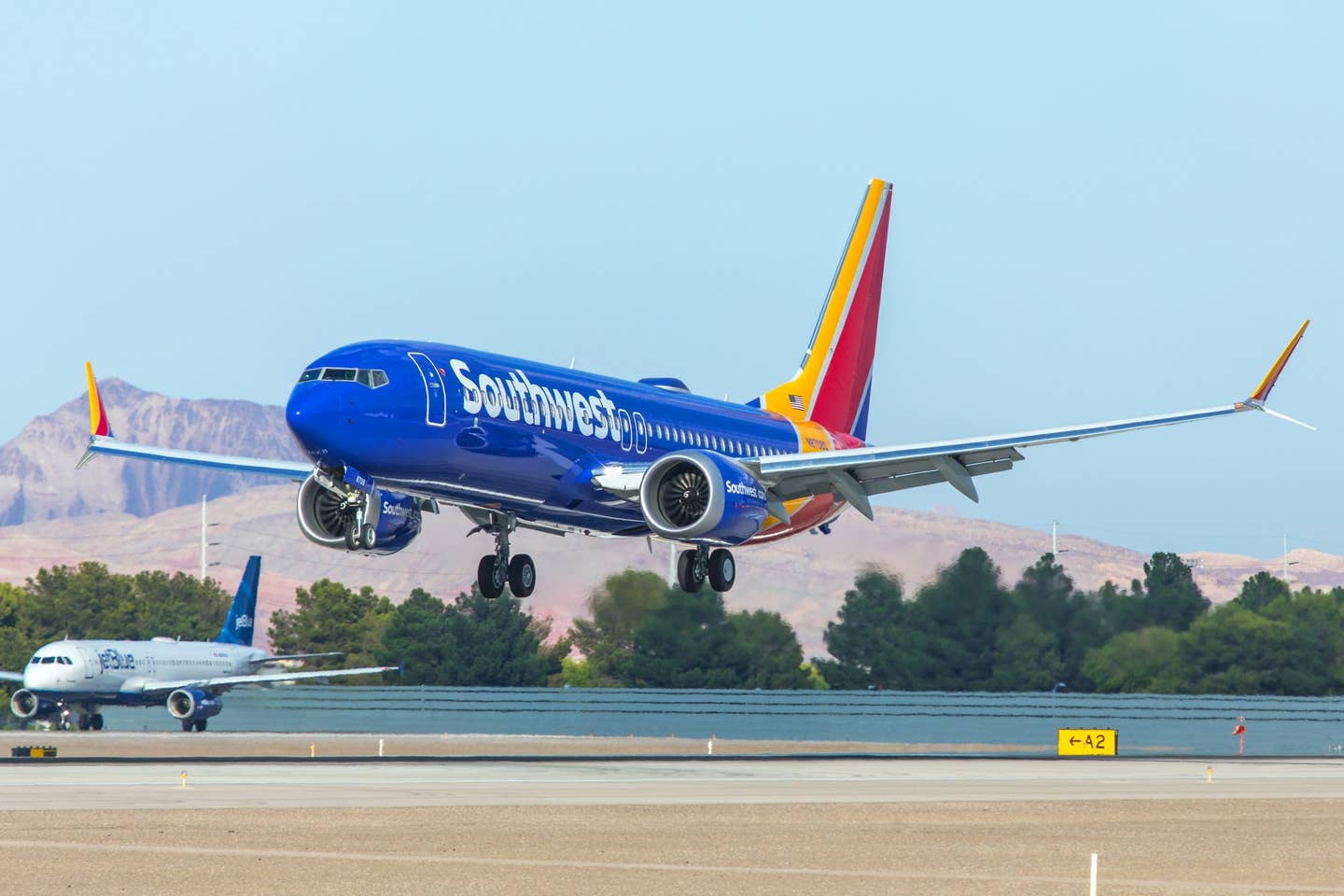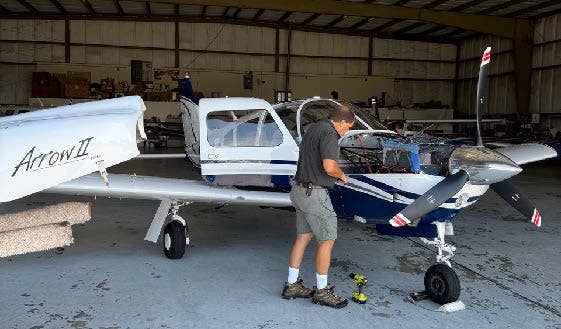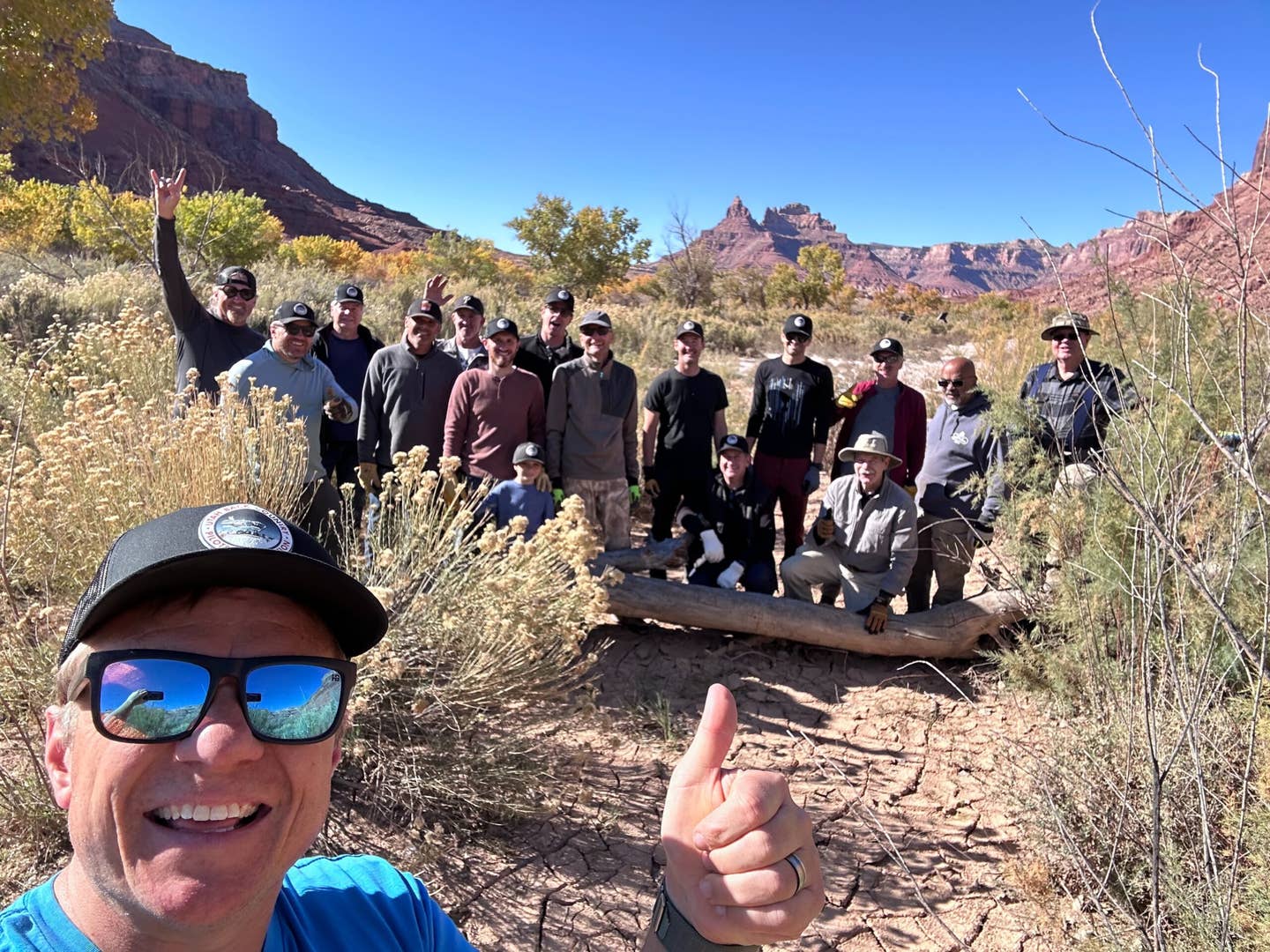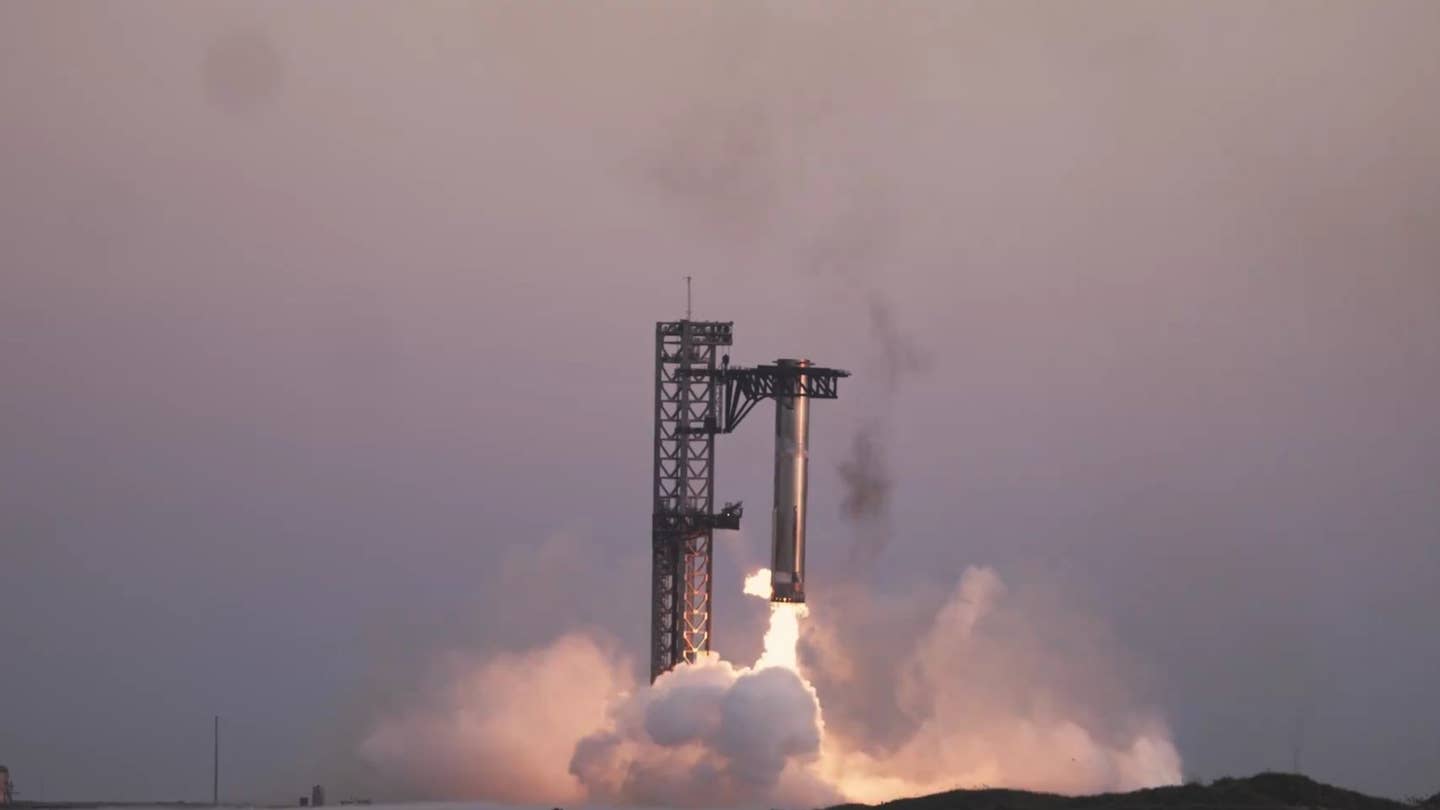
Last week, FAA tests demonstrated that a 100 low lead (100LL) alternative from Swift Enterprises can deliver the equivalent of 102 octane. The fuel is made of pure hydrocarbons and can be manufactured using biomass, natural gas or petroleum raw materials, making the new fuel substitute both clean and sustainable. According to Swift co-founder Louise Rusek, the FAA tested the Swift fuel in a Lycoming IO-540K, among other piston engines, and it developed the 100-plus octane rating that higher-power engines need to operate without knocking. The tests did reveal that the 300-hp Lycoming had no problems starting when hot, but was more reluctant to light off when cold. Other proposed 100LL replacements have shown octane ratings of up to 94 — sufficient for a large percentage of the piston engines in the general aviation fleet. But owners and operators of aircraft with higher power engines (that could operate at 94 octane only at reduced power settings) have protested, maintaining that their aircraft fly more hours than lower-horsepower models. They contend that any replacement for 100LL must serve the entire GA fleet, and that the FAA must take a leadership role in deciding on the imminent replacement fuel.

Sign-up for newsletters & special offers!
Get the latest FLYING stories & special offers delivered directly to your inbox






